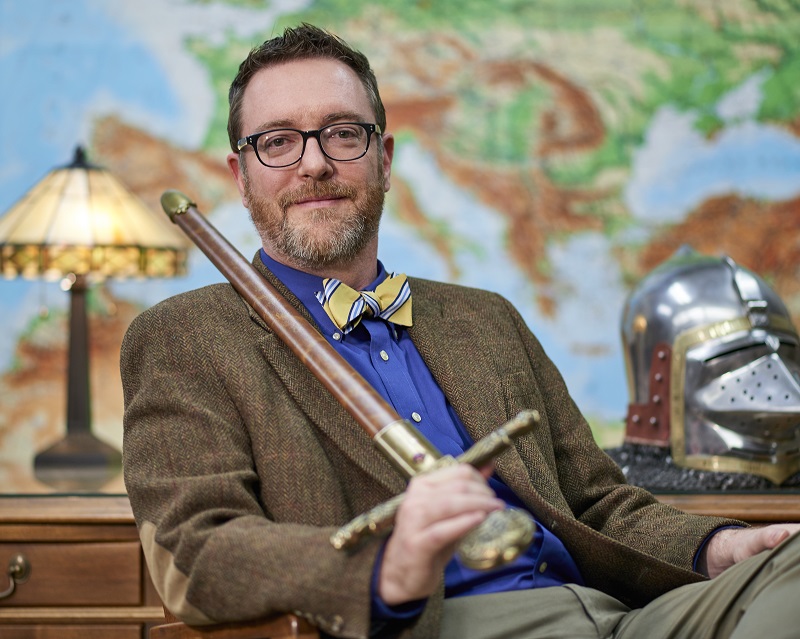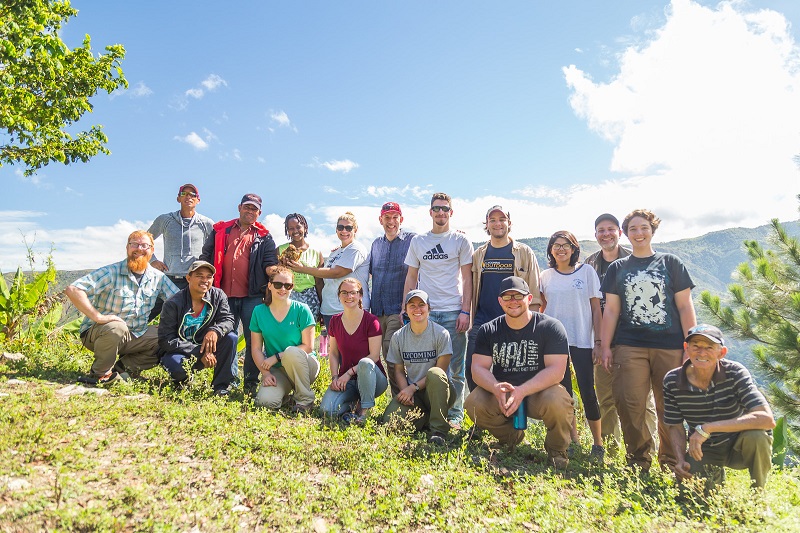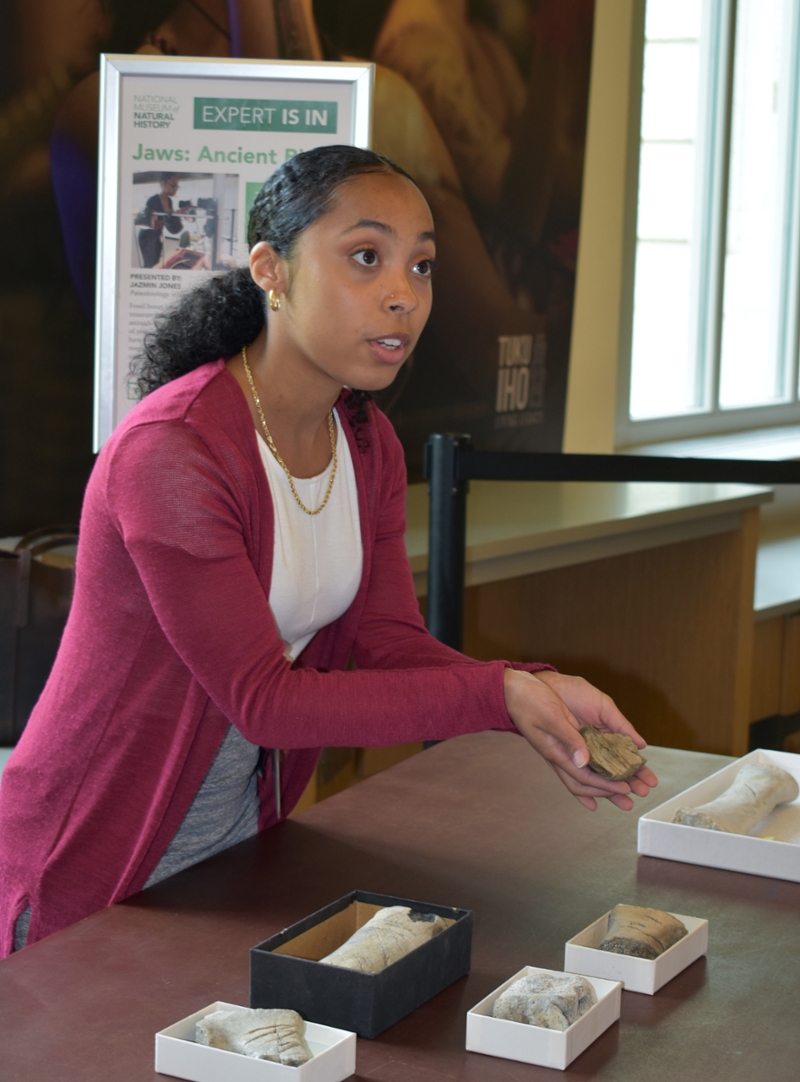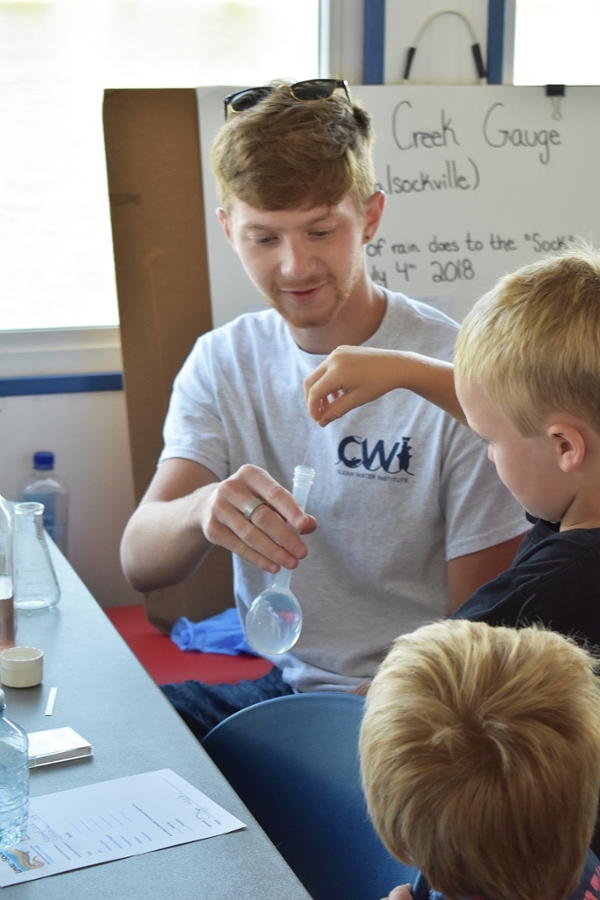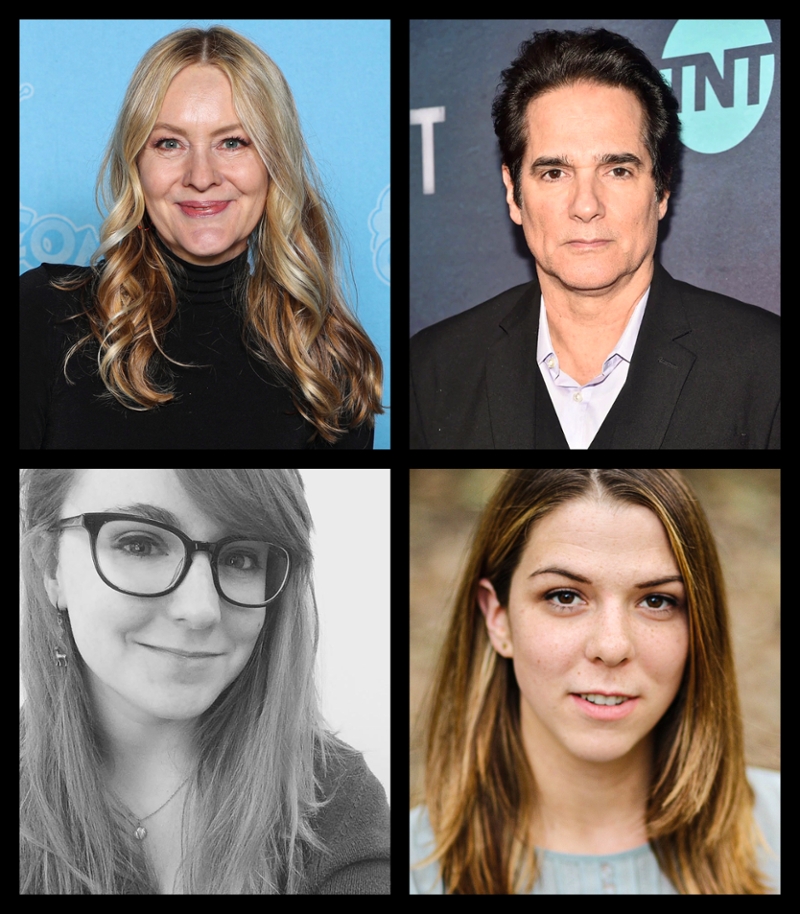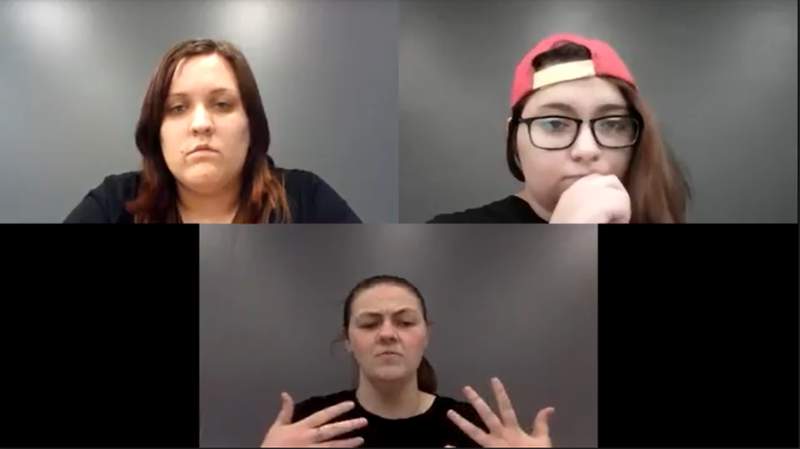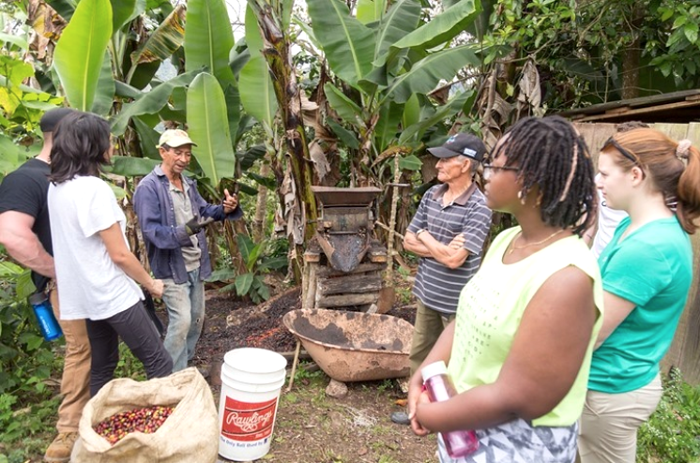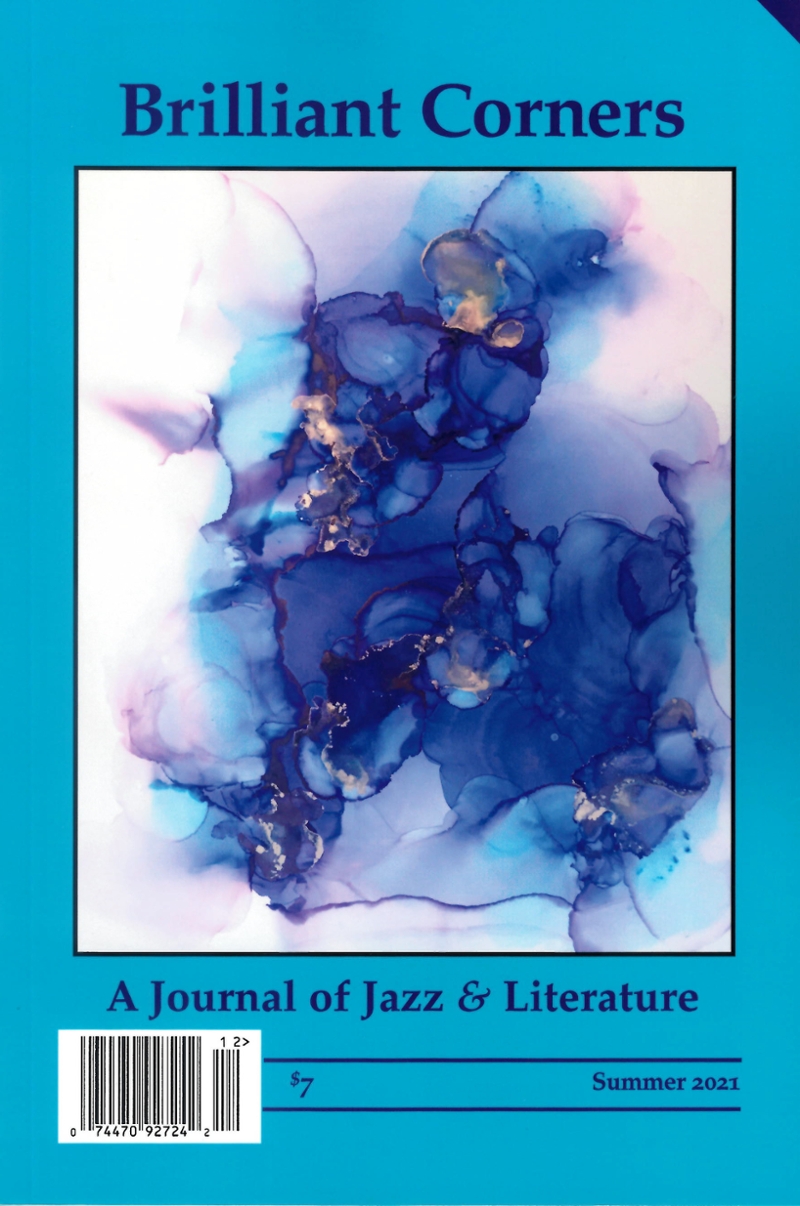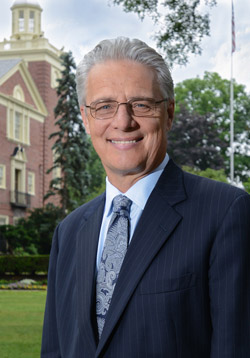
The College’s 2014 Strategic Plan established the creation of “enhanced academic experiences” as a priority. One particular area of emphasis under this rubric has been enhancing and expanding our focus on global experiences for our students. We believe that Lycoming’s mission of graduating “ethical, informed, and engaged individuals” would be better served by providing a broader and more regular range of international study options.
The Center for Enhanced Academic Experiences (CEAE) led by Associate Provost Susan Ross, Ph.D., has enthusiastically assumed responsibility for building and increasing global experiences. The array of available options now includes semester-long approved study programs, May Term travel courses, summer study options, and overseas research with faculty. The College has also forged exchange relationships with several international universities, which are a very affordable way for Lycoming students to have a semester-long experience while also making it possible for additional international students to study at Lycoming.
At present, five direct exchange agreements have been forged with international universities. They include SIAS International University in China, Westminster Business School in London, the University of Grenoble in France, Otto-Friedrich University in Bamberg, Germany, and UPAEP in Puebla, Mexico. Several of the eleven students who studied abroad for the entire spring semester enrolled in one of the exchanges, while others went to Ecuador, Italy, or South Korea.
Six students also spent the spring semester in Cyprus as part of a program directed by Lycoming College faculty member Pam Gaber, Ph.D. The four courses offered at this site examined the processes by which objects are discovered, recorded, curated, and brought to museums as well as how objects are accessioned, curated, conserved, and presented to the public in exhibitions, tours, and classrooms. In addition, the students completed a research project examining the history of one western museum in depth.
We have invested meaningful resources in supporting May Term travel courses as they tend to be very popular with our students. The courses typically involve three to five weeks of international travel beginning in early May and concluding in June. During the past year, students traveled to the Dominican Republic to learn about the use of solar energy in the developing world or assist with research on water quality and learning English as a second language. Eighteen students followed the Norman Conquest of England as they began their studies in Paris, traveled through Normandy, took a ferry to England, and continued their studies in England, starting with the Battle of Hastings. The art department built upon its rich tradition of travel courses with an array of art courses in Barcelona, Spain. Finally, five students studied the art of Spain and traveled with faculty members Barb Buedel, Ph.D., and Sandy Kingery, Ph.D., to Madrid over spring break to study classic works first-hand in museums such as the Prado and the Reina Sofia.
Some learning opportunities extend throughout the summer. For example, four students are currently in Guatemala with Jessica Munson, Ph.D., studying laboratory methods in archaeology in which they are working with artifacts from Munson’s Maya research site of Altar de Sacrificios. Five additional students are studying in programs in Ecuador, England, France, and the Netherlands that last most of the summer.
For the upcoming 2018-19 academic year, we have students scheduled to complete semester-length studies in Australia, Ecuador, England, France, Germany, Ireland, Scotland, and Spain. Additionally, plans are underway for eight faculty-led travel courses focusing on topics such as the colonization of the Pacific with travel to Australia, environmental anthropology and philosophy with travel to Iceland, and action filmmaking in Portugal.
Global travel courses and study abroad generate valuable outcomes for students beyond knowledge of the particular discipline or country in which the study takes place. We know that students discover new strengths and learn new skillsets, become more independent, build cultural confidence, and become more self-assured. Having an international experience also often translates into a competitive edge in seeking employment or admission to graduate or professional school.
In some cases, the experiences prove life-changing and students discover a passion that focuses their life beyond college. Hunter Jackson, a history major seeking secondary education certification, completed his freshman year by participating in the May Term travel course, “The Norman Conquest.” It was Hunter’s first time out of the country, and he was so engaged by the experience that he contacted the CEAE immediately upon his return to explore options for a full semester of study abroad. Hunter anticipates that his global experiences will impact what and how he teaches to his future students. Evan Armstrong from Lewisburg, Pa., had a similarly transformative experience as a result of participating in the trip to the Dominican Republic as part of the class, “The Politics of Energy.” During a conversation over dinner in the President’s House, he excitedly shared that he is now eager to study in France as part of his study of the French language, and his career interests have been expanded to include international economic development.
Our goal is to create experiences like the ones had by Hunter and Evan, and your support is vital to making that a reality.
Kent C. Trachte, Ph.D., is the 15th president of Lycoming College.
